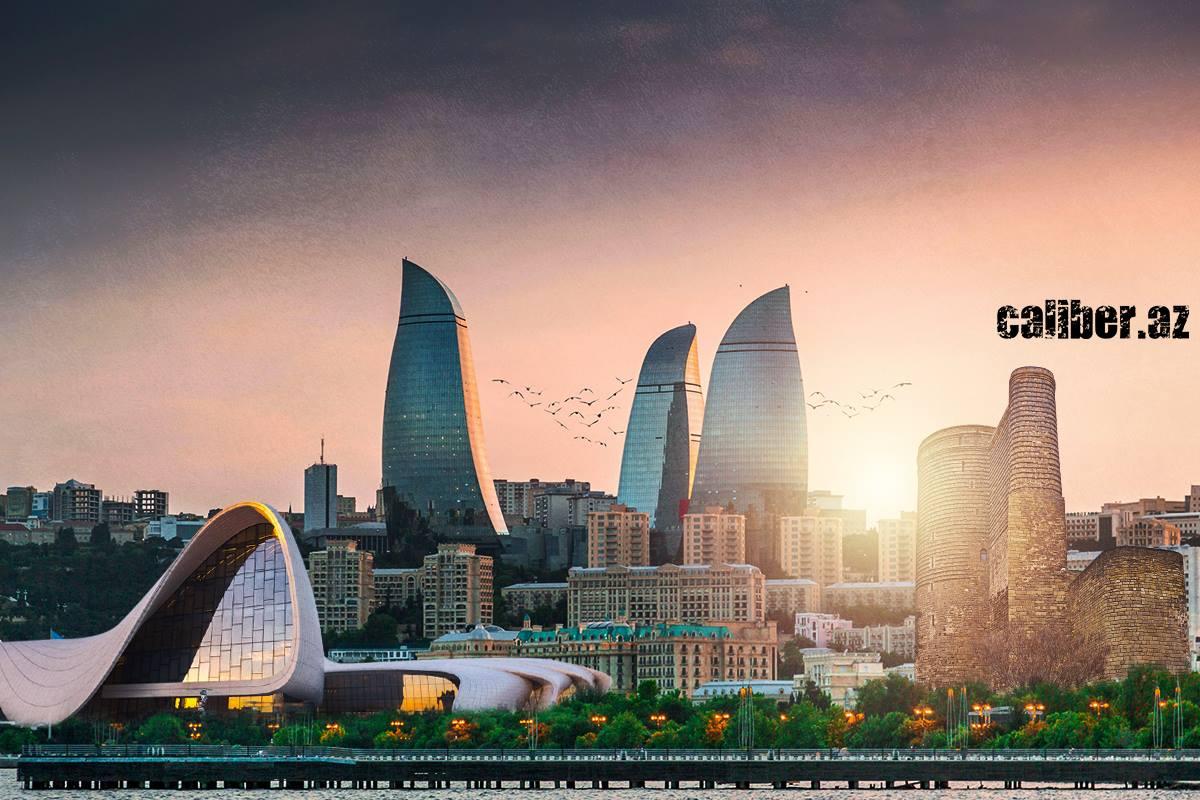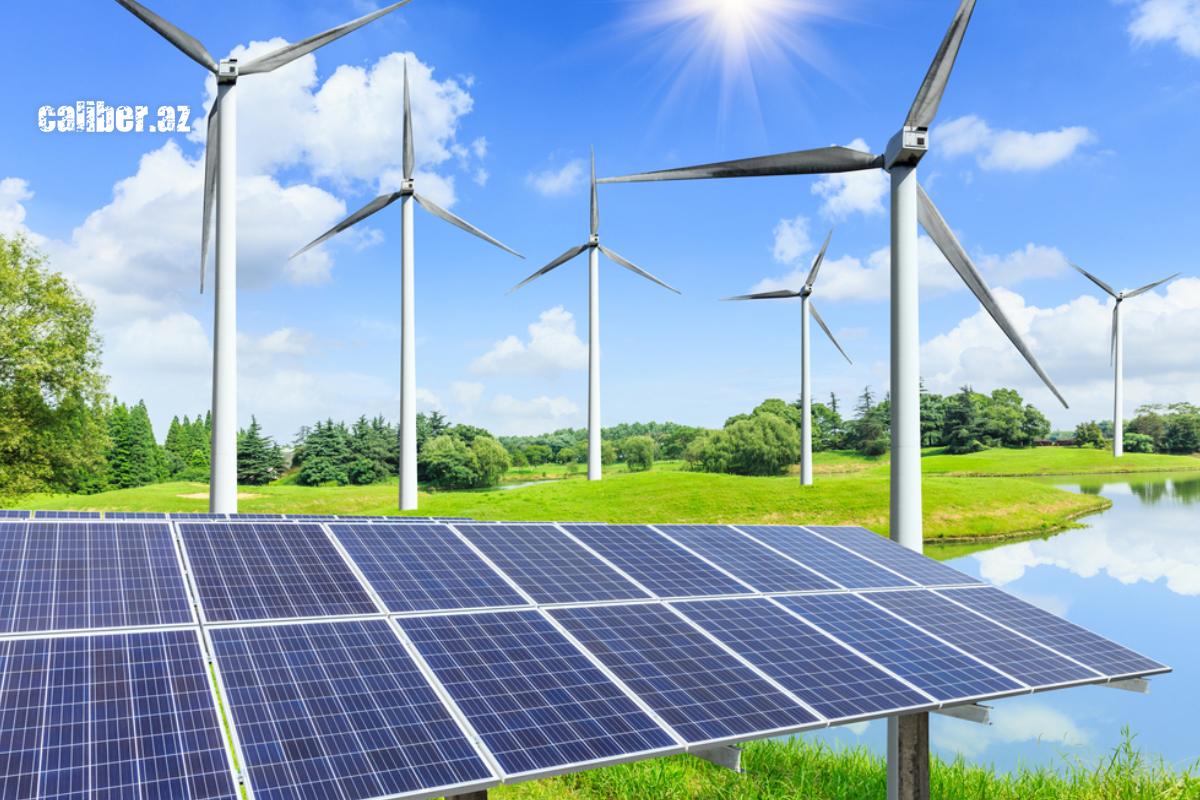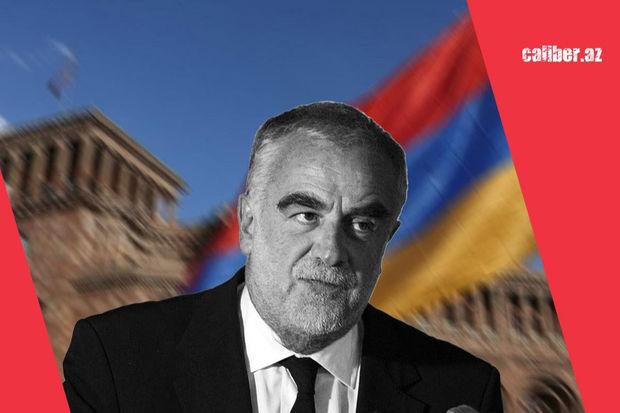Baku hosts COP29 amid global solidarity The world unites for climate action
The highly anticipated event, which has been months in the making, has arrived today. The 29th session of the UN Framework Convention on Climate Change (COP29) is now underway in Baku.
Since November 11, a unique atmosphere has enveloped the city. People from all over the world, representatives of various nations and cultures, have begun exploring the capital as soon as they checked into their hotels. They wander the streets, taking in the faces of its residents and absorbing the city's distinctive spirit. In turn, Baku residents warmly welcomed the international visitors, smiling and listening intently to the diverse languages spoken, trying to identify the origins of each. A powerful sense of solidarity is filling the air, and this is only the first day. The atmosphere is sure to continue to grow in the coming days.
It is truly remarkable – when the presence of so many people from diverse linguistic backgrounds is combined with the purpose for which they have gathered, the depth of the shared global issue becomes strikingly clear, along with the pressing urgency of the planet's plight. While smiles are exchanged, it is the collective concern for our one and only Earth that unites us. Fortunately, these individuals are united not only by a sense of shared suffering but also by a resolute determination to confront it. COP29 in Baku is poised to play a pivotal role in advancing decisions on climate program financing across the developing world. In this way, Baku temporarily becomes the capital of the Earth.

However, as has been repeatedly pointed out, not everyone is willing to forgive Azerbaijan for hosting this event, and not everyone is willing to share in the pain of recognizing the tragedy or the joy of jointly seeking a solution. As soon as it was announced that COP29 would take place in the country, attacks on Azerbaijan began to surface in Western political circles and media. This campaign, primarily funded by organizations linked to the Armenian diaspora, gained momentum by the summer and reached its peak just before the conference opening.
One of the accusations levied against Azerbaijan is its oil and gas status, which has been used by propagandists as a provocation. As previously noted, this argument is nothing but laughable, as Azerbaijan contributes a negligible percentage to the global emissions of greenhouse gases. Furthermore, Azerbaijan is actively pursuing a green transition policy, tirelessly exploring alternative energy sources.

However, there is another underlying reason for such "arguments." As independent expert Chingiz Mammadov aptly noted in one of his interviews, Armenia's backers resort to this line of reasoning because they cannot forgive Azerbaijan for its technological superiority over Armenia, which was demonstrated, among other things, during the 44-day war. This advantage was largely due to the revenues from Azerbaijan's hydrocarbon industry.
The next set of accusations, as expected, centred around alleged "ethnic cleansing" and supposed detention of Armenian "prisoners of war." There is no need to refute these claims here, as doing so would only waste energy on a fruitless discourse with the adversaries, especially since this has already been thoroughly addressed by both the Azerbaijani media and diplomatic service. However, it is worth noting the ingratitude of the Armenian side. Not only are there no prisoners of war in Azerbaijan, but Baku also took a goodwill step in December of last year by releasing several individuals with Armenian citizenship who had entered Azerbaijan after the conclusion of the 44-day war. Despite this gesture, Yerevan and its supporters continue to raise the issue of "prisoners of war."

Nevertheless, as the saying goes, "dogs bark, but the caravan moves on" — while this proverb may be overused, it is simply the most fitting in this case. COP29 is officially open. Leaders from various countries are arriving in Baku. Meetings of heads of state will take place.
Yerevan, the Armenian diaspora, and Armenia’s foreign backers, particularly France, have failed to isolate Azerbaijan or disrupt the event. Moreover, the French were unable to present their boycott as a unified European stance. It is worth noting the absence of German Chancellor Olaf Scholz, who had to cancel his planned visit to Baku due to the deep political crisis currently facing his country, which is understandable. Additionally, British Prime Minister Keir Starmer has attended the conference. Azerbaijan has not been isolated internationally.
By choosing not to send their highest-ranking officials to COP29, the leaders of certain countries have exposed themselves as prisoners of selfish ambitions, unable to separate what truly matters from the trivial. They have failed to rise above fleeting irritations in pursuit of the greater goal of saving the planet.
Their loss, as the gathering of global solidarity in Baku will proceed, regardless of the weather.








